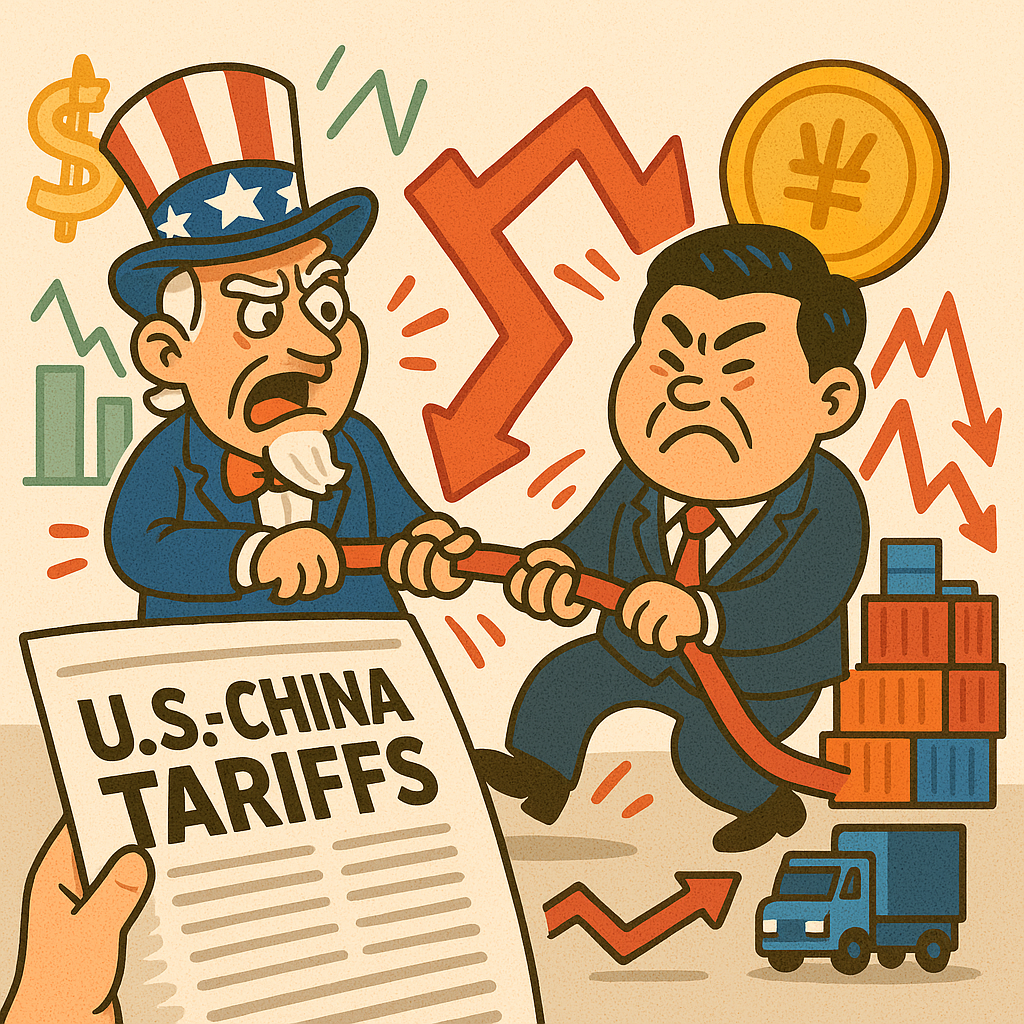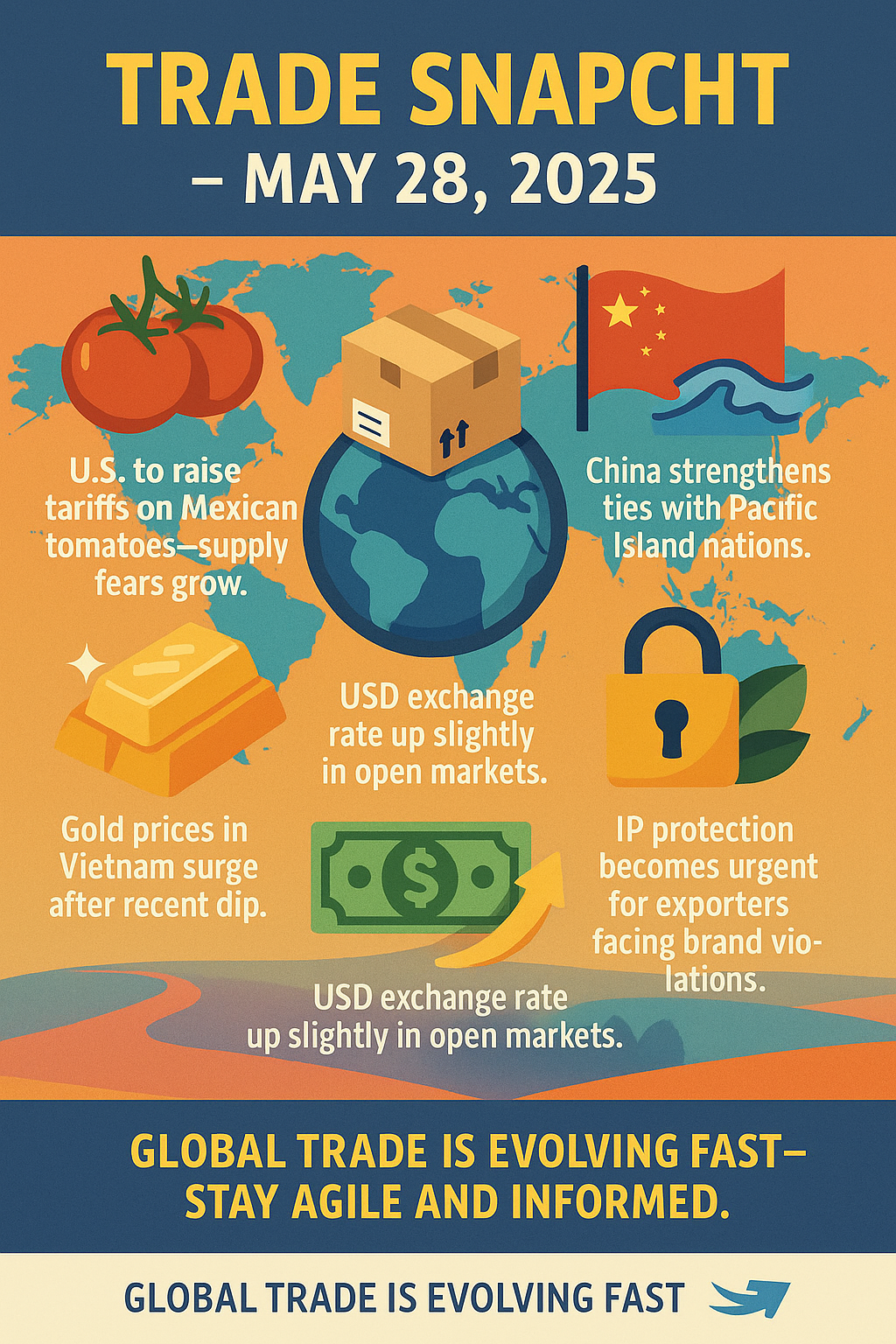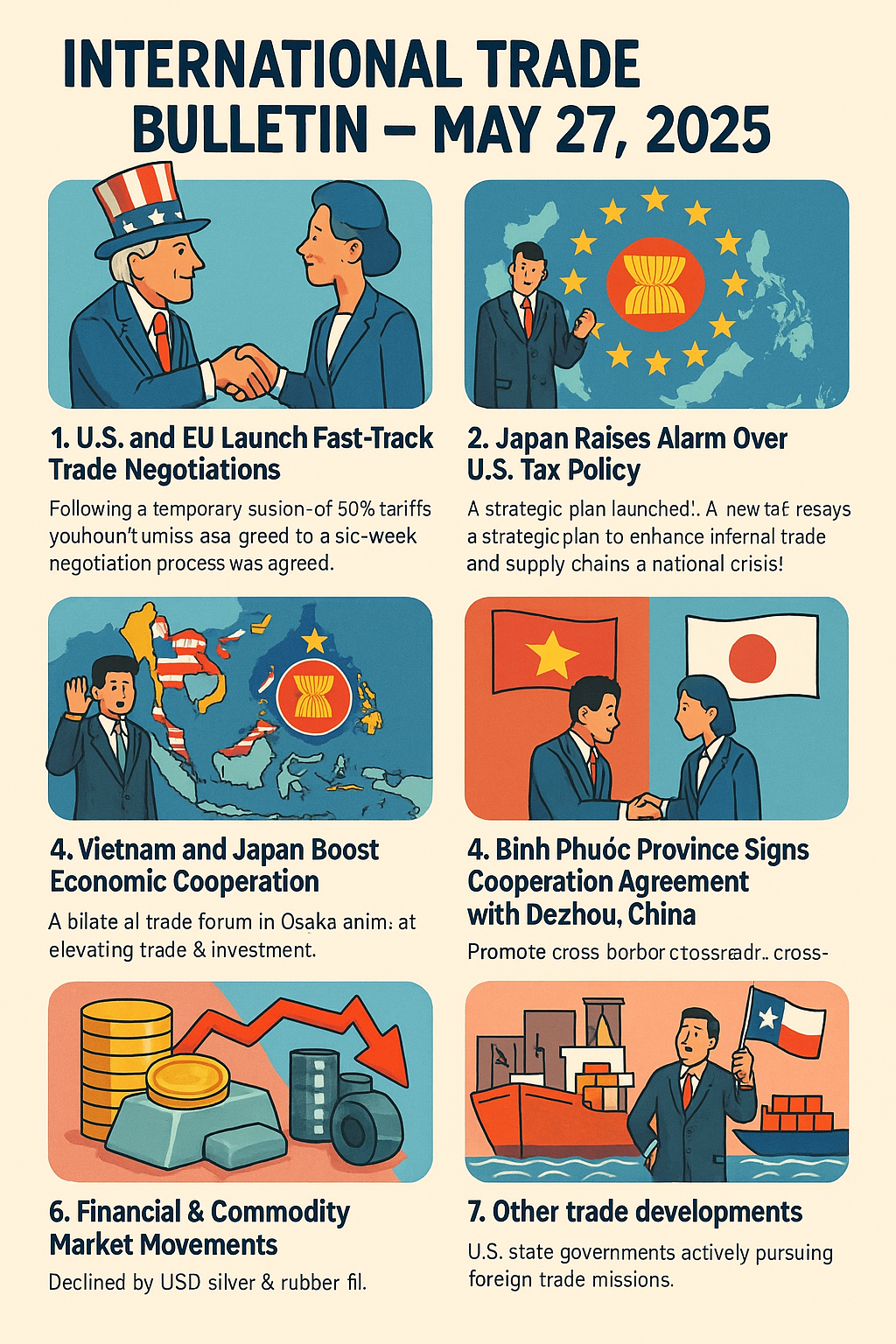Agricultural Exports: SPS Changes from Import Markets
Agricultural Exports: Businesses Must Pay Attention to SPS Changes from Import Markets
Vietnam’s agricultural, forestry, and fishery exports have achieved significant success in recent years. However, import markets continuously update their regulations regarding food safety and sanitary and phytosanitary (SPS) measures, posing challenges for exporters.

Agricultural Exports Reach a Record $62.4 Billion in 2024
According to the Ministry of Agriculture and Rural Development, Vietnam’s total agricultural, forestry, and fishery export revenue in 2024 is estimated at a record high of $62.4 billion, marking an 18.5% increase compared to 2023. The trade surplus has also reached a new record of $18.6 billion, up 53.1%, thanks to market expansion for key products such as durian, coconut, and bird’s nest.
However, alongside these opportunities, Vietnamese exporters face a series of SPS policy changes from various import markets. In 2024 alone, there were 1,029 notifications related to food safety regulations—an average of three per day, with some spanning hundreds of pages.
Key SPS Changes from Major Import Markets
Below are some crucial SPS updates from key export markets:
✅ United States:
- Ban on products containing chlorpyrifos.
- Proposal to remove the Maximum Residue Limit (MRL) for chlorpyrifos in certain products.
- Amendments to food additive regulations and pesticide tolerance levels for Cyazofamid.
✅ European Union (EU):
- Updates to Regulation (EU) 2019/627 on official controls for animal-origin food products.
- Changes in MRLs for active ingredients such as chlorpropham, fuberidazole, methoxyfenozide, S-metolachlor, and more.
✅ Taiwan (China):
- Draft regulations on pesticide residue limits in food.
- Amendments to food additive specifications, scope, and residue limits.
✅ Indonesia:
- Updated regulations on issuing quality and food safety certificates for seafood.
- Draft regulations on food packaging standards and pesticide residue limits.
✅ Brazil:
- Proposed list of pesticide active ingredients, household cleaning products, and wood preservatives.
- Changes in quarantine requirements for imported South African orchids and okra seeds.
✅ Australia – New Zealand:
- Amendments to Appendix 20 of the Australia-New Zealand Food Standards Code.
- Adjustments to MRLs for agricultural compounds.
✅ South Korea:
- Proposed acrylamide specifications for food products.
✅ United Kingdom:
- Revisions to official control regulations for plant health and animal product inspections.
- Adjustments to MRLs for propamocarb, fenazaquin, sulfoxaflor, and isoflucypram.
✅ Japan:
- Amendments to feed and feed additive standards under the Feed Regulation Act.
Solutions for Agricultural Exporters
Given the frequent SPS updates, the Vietnam SPS Office recommends that businesses:
✔ Stay informed about new regulations from import markets.
✔ Adjust production processes to meet international food safety and phytosanitary standards.
✔ Strengthen quality control to ensure compliance with global requirements.
✔ Enhance product value and focus on sustainable development.
Strict adherence to SPS standards not only helps businesses maintain export markets but also strengthens their competitive advantage in the global trade landscape.
Reference source: The Internet




